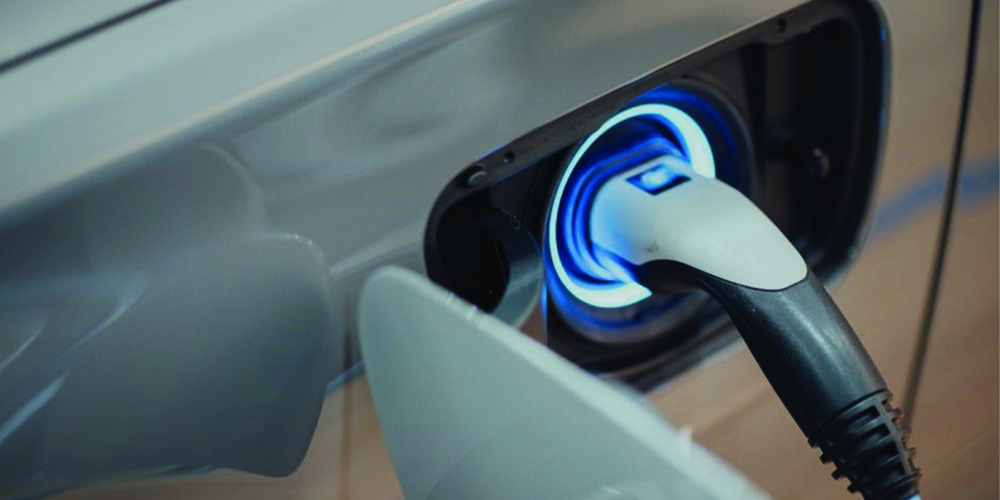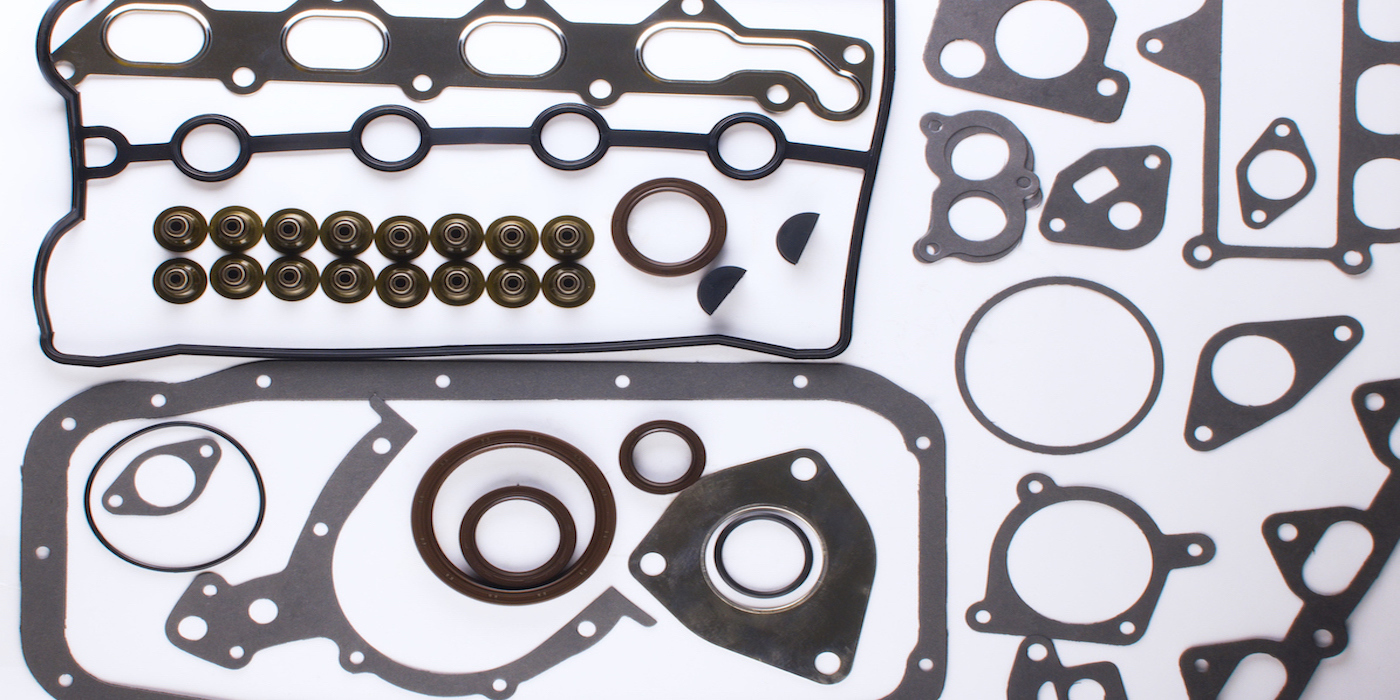The ripple effect of escalating gas prices continue to widen, and all segments of our industry are caught in the current.
In your world, car count continues to drop as fewer miles are driven, consumers have less money available for necessary vehicle repairs, and preventive maintenance is being put on the back burner. At the distribution level, many WDs and jobbers have calculated what gas prices have done to their bottom line. Some are ending “free” delivery service and implementing a delivery charge to their installer customers.
A brief survey of a few ImportCar Advisory Board members offers some interesting insight into how installers feel about delivery charges and whether or not they’re prepared to pass along those fees to their customers.
A special thanks to Bob Dowie of Village Auto Works, Chester, NY; Chris Klinger of Precision Incorporated, Tucson, AZ; and Steve Louden of Louden Motorcar Services, Dallas, for their candid comments on the subject.
1. Have you incurred delivery charges from your suppliers?
Dowie: Not from our parts suppliers. I see more of these charges from outfits like my previous uniform service. Personally, I’ve never agreed with surcharges.
Klinger: Only from the tire warehouses, but they’re not very much yet. Delivery was $2 and is now $3 per day, no matter how many times we order in a single day.
Louden: Yes. We have been charged a minimum “gas fuel charge” by several vendors. It’s usually $1 per delivery.
2. Can you pass the cost on to your customers?
Dowie: I would like to think the price of the part would be adjusted to reflect the cost of delivery, so, yes, it would be passed along to the customer. Delivery costs will certainly affect the price of everything we buy, but I doubt we’ll see Home Depot or the grocery store add a fuel surcharge.
Klinger: Yes, we are passing it along, but it’s so small that no one has complained yet.
Louden: It’s calculated into our cost of doing business, labor rate and parts selling price. The high gas prices are a fact of life, just like high insurance costs. In the end, the customer will be paying the bill.
It’s important for shops to keep up with inflation and the cost of doing business in pricing their services. Too many shops are afraid to raise their prices in fear of losing business.
Over the past 30+ years, we’ve raised our labor rate probably two dozen times. Each time we do it, our business doesn’t suffer and our bottom line smiles. I read somewhere that if our labor rates had kept up with inflation over the past 50 years, the average would be $200+ per hour.
3. Should you hold more inventory to reduce deliveries?
Dowie: There was a time when a stocking dealer would be rewarded with better prices or other perks by the jobber, but that doesn’t seem to be the case any more. If jobbers found they had to make fewer trips, it may motivate us to stock more, but it would be very difficult for a small shop that “tries” to service all brands.
Klinger: Inventory is not affected yet. Minimums have not been raised to cover shipping from our suppliers either.
Louden: Not necessarily, as that takes space and labor.
4. Should you get only two or three deliveries per day?
Dowie: We try to order parts for multiple jobs whenever the parts store is called. Hopefully, the parts store appreciates the consideration, and I do feel less guilty when I need something small in a hurry. Klinger: We operate with a pretty large inventory already, so 2-3 deliveries per day from any given vendor is not affecting us.
Louden: We like multiple deliveries. Just-in-time inventory has become a way of life.
5. Do you want to “run” for your own parts?
Dowie: No, as I said earlier, the parts store “cost of doing business” should be reflected in the price of the part.
Klinger: No. Overhead for this in salary, insurance and maintenance, etc. does not yet offset delivery charges by our suppliers.
Louden: No, the vehicle and labor costs, plus the on-the-road liability, is too great.
6. Can you arrange to buy more from one supplier in exchange for free delivery?
Dowie: Being an import-only shop, we tend to use a limited amount of parts suppliers and new car dealers. I believe the parts store knows our business is theirs to lose and makes the effort to keep us happy.
Klinger: Typically, yes, we currently operate like this.
Louden: I doubt it.
While it appears that delivery charges from certain suppliers will become the inevitable, it becomes a cost-of-doing-business item for you. If you think about it in those terms, just as you do when (rightfully) charging customers for diagnostic time and disposal fees, it makes perfect sense to recoup those expenses. Just do it.













